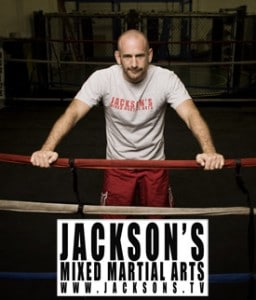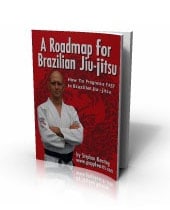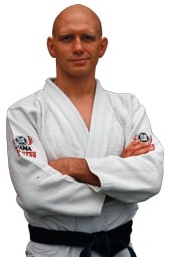
Some people think that they can only learn from World Champions. And then, when they finally study with a competition legend, they’re often disappointed that he won’t (or can’t) teach them very much.
It’s easy to confuse teaching ability and competition success, but these are in fact very, very different things. There are lots of good fighters, fewer good teachers, and very few people who are both good fighters and good teachers. And you DON’T need a 400-0 record to be a great coach.
Consider one of the very best MMA coaches in the business: Greg Jackson in Albuquerque, New Mexico. He’s never held the the title belt in the UFC. He’s never been the champion of any MMA organization. And he’s never – as far as I know – fought in MMA himself.
So he’s a chump, right?
Not so much! Despite his lack of competition pedigree he’s highly regarded by TONS of great fighters, including GSP, Keith Jardine, Rashad Evans, Nate Marquardt, Andrei Arlovski, etc. These guys travel across the country to train with him, or fly him out to orchestrate their training camps. I am told that he has an amazing ability to put together a gameplan for his fighters.
Maybe there’s more to teaching than simply being the toughest guy in the room…
An Australian reader recently wrote me about teaching skills vs fighting skills. Here’s a little bit of what he said:
“John B. Will teaches teaches seminars at our school 3 times a year and he has discussed the idea that there are black belts in technique and rolling but not as many in teaching.”
I think that this idea of a “black belt in teaching” is 100% correct. One of my teachers and role models – Dan Inosanto – has said that he’d rather train with a good teacher than a good fighter. That’s because some great fighters can’t articulate the details of even their bread and butter moves, nor teach you about the timing of the moves.
Being a good teacher isn’t only about performance. It’s about being aware of the technical details and knowing how to share them with others. It’s about being able to find the best way to teach someone, even if they have a different learning style than yourself. It’s about finding variations and modifications of techniques that work for different body types and temperaments.
I think you’re getting my point by now, but in case you’re still unsure, let me ask you a question.
Who would you rather have as a boxing instructor:
- ‘Iron Mike’ Tyson (40 KO’s in 58 fights), or
- Cuss D’Amato (who only had one amateur fight – which he lost – but then became Tyson’s coach and mentor)
Hmmm, I thought so…


